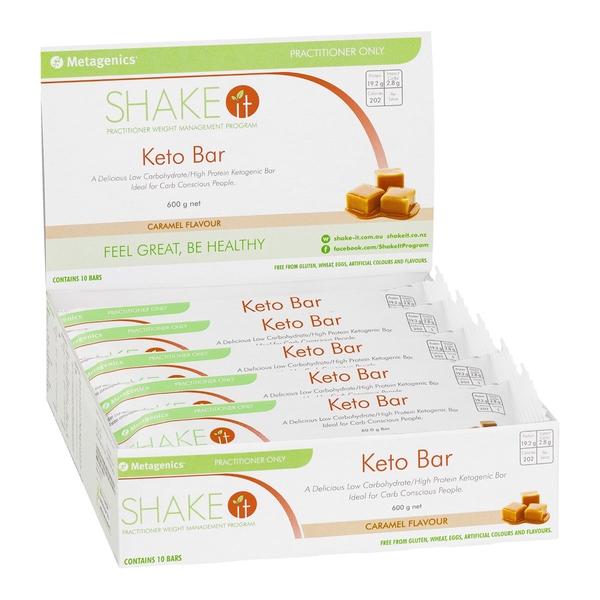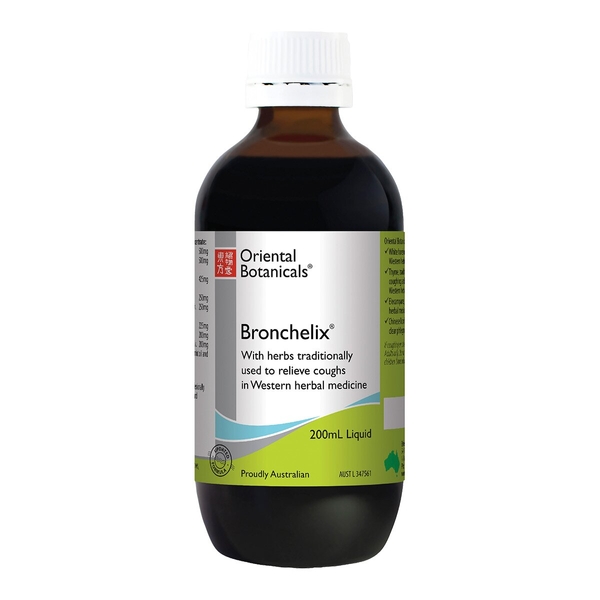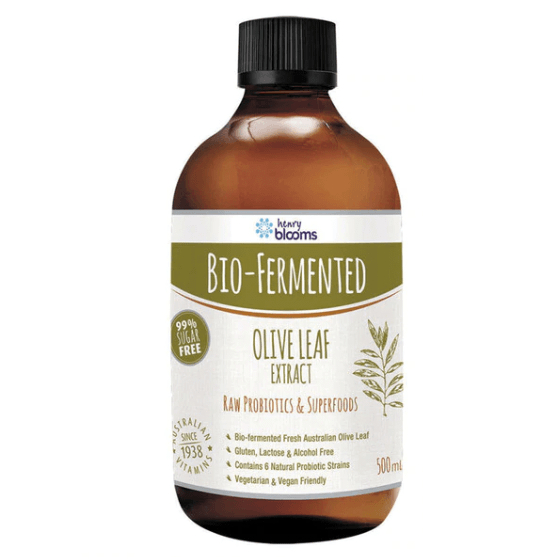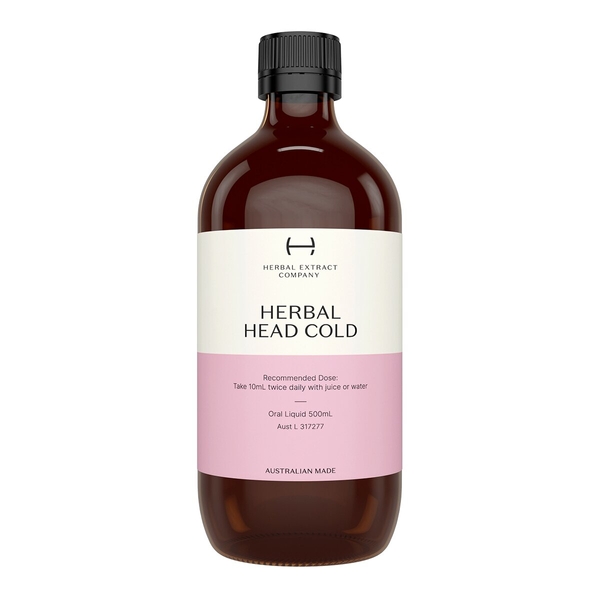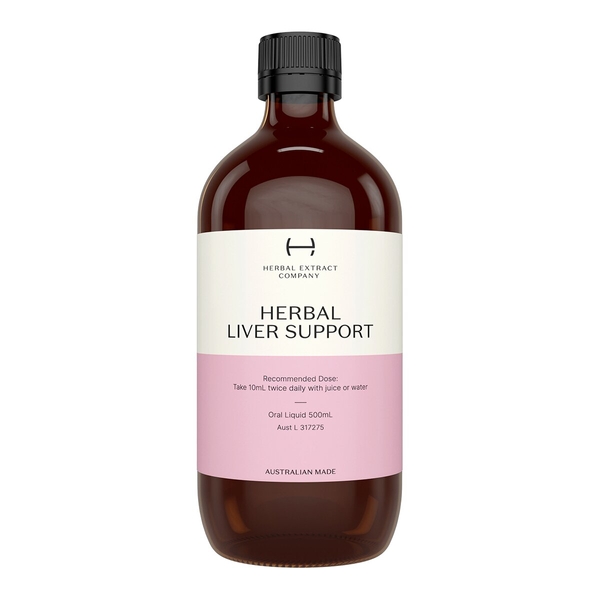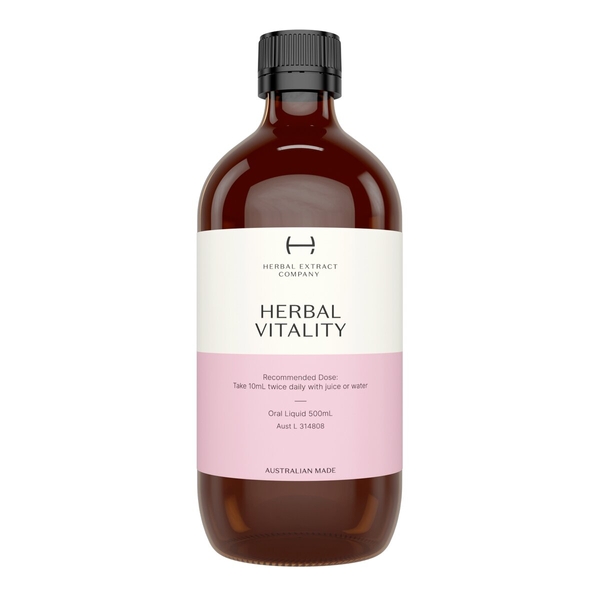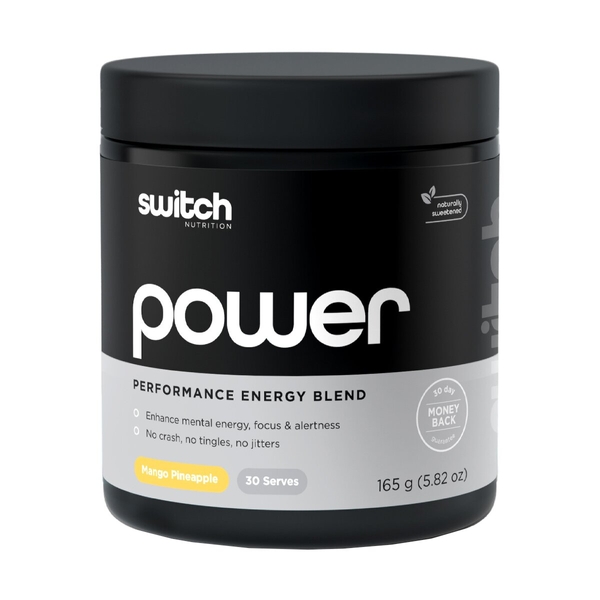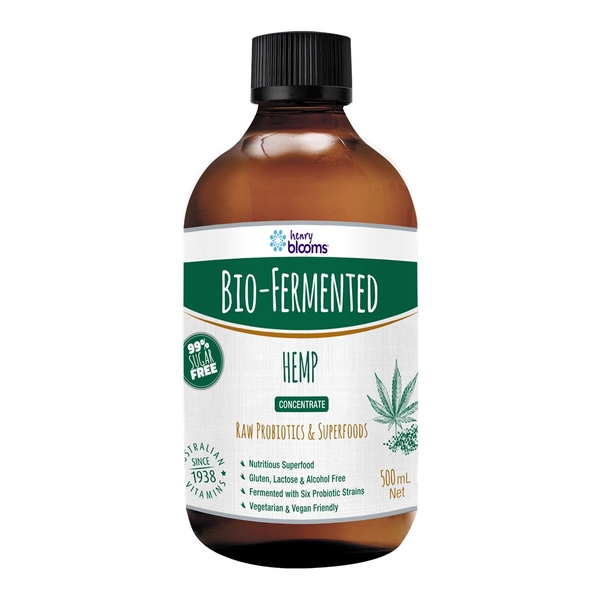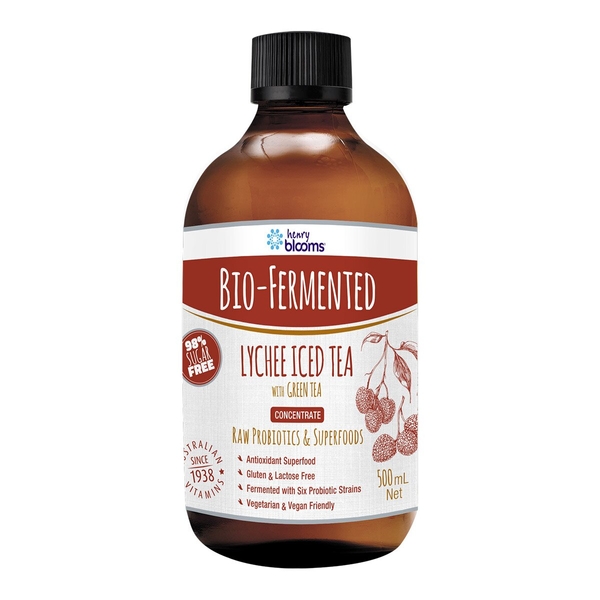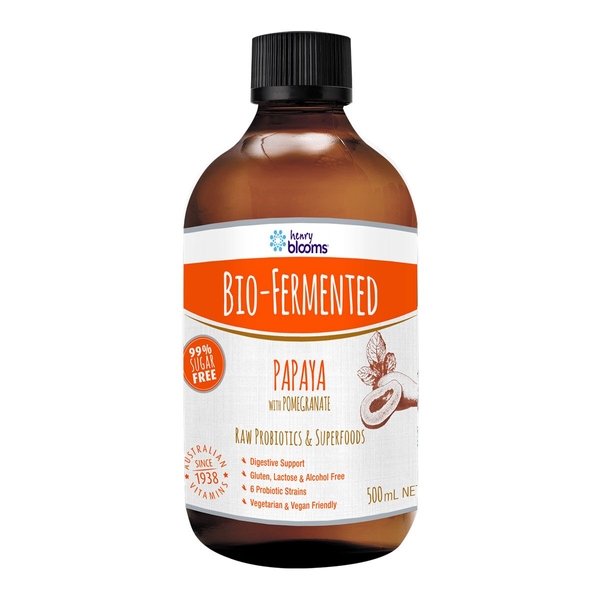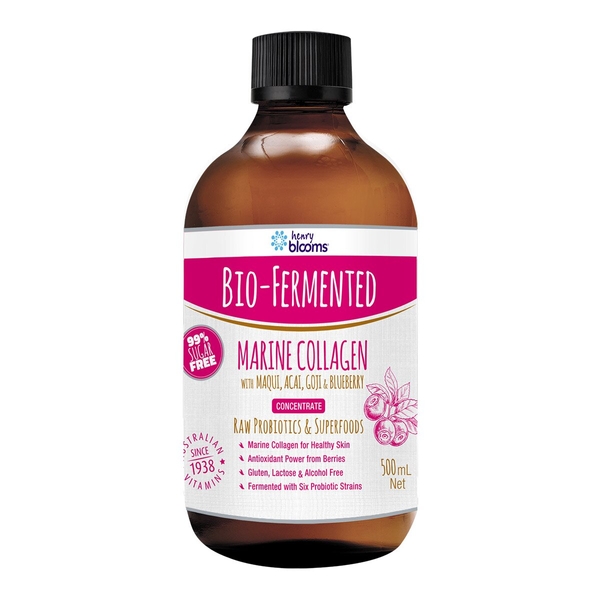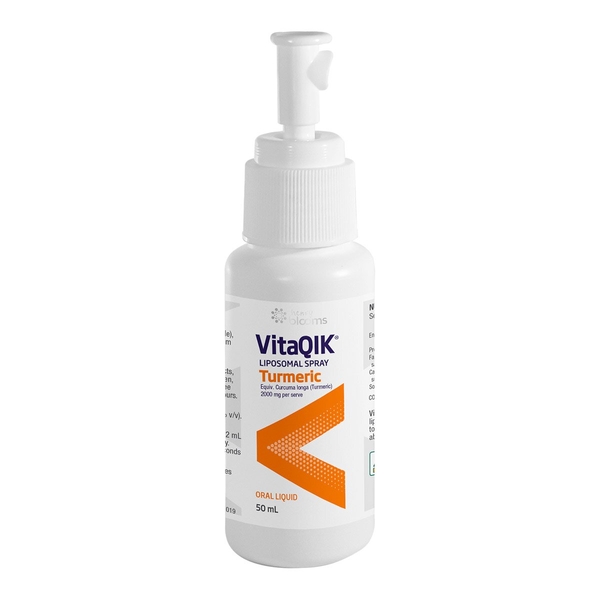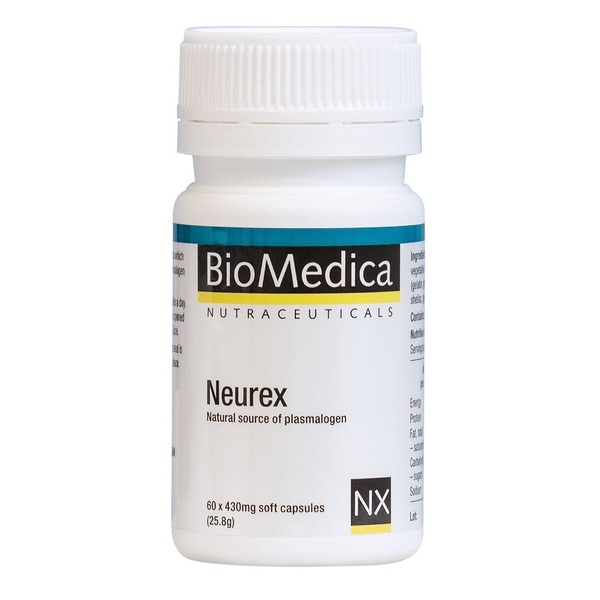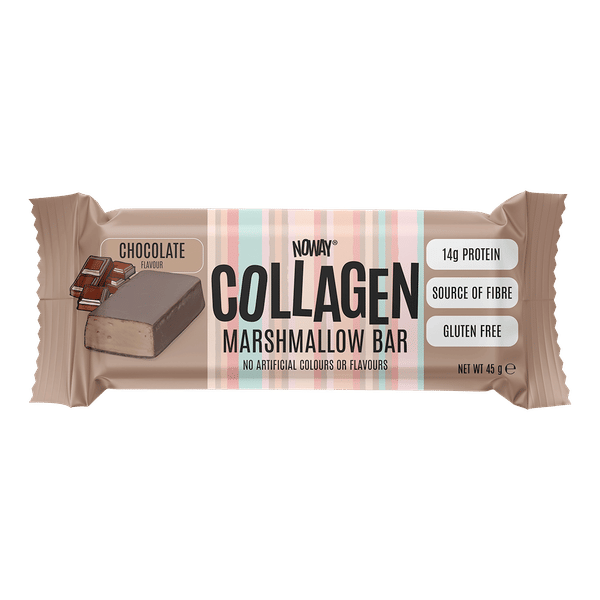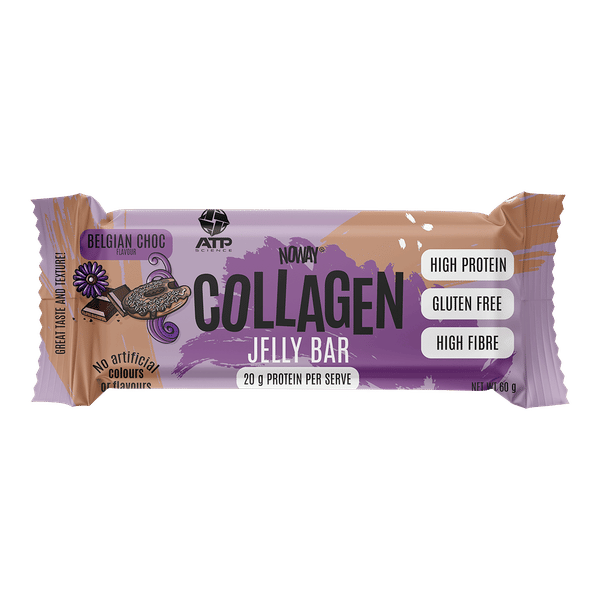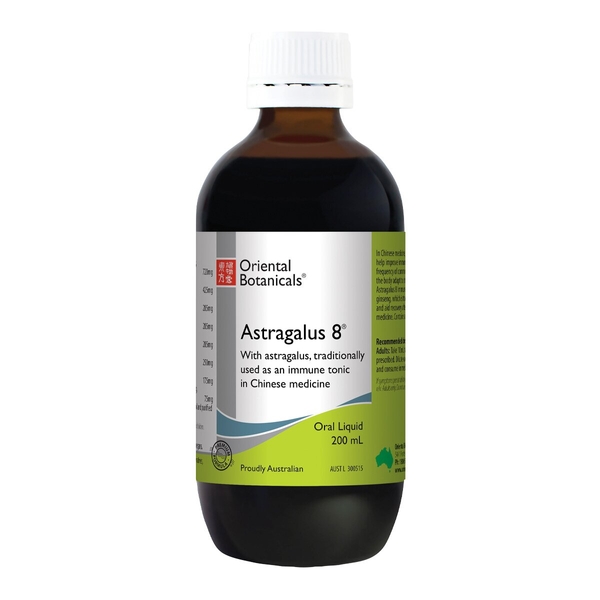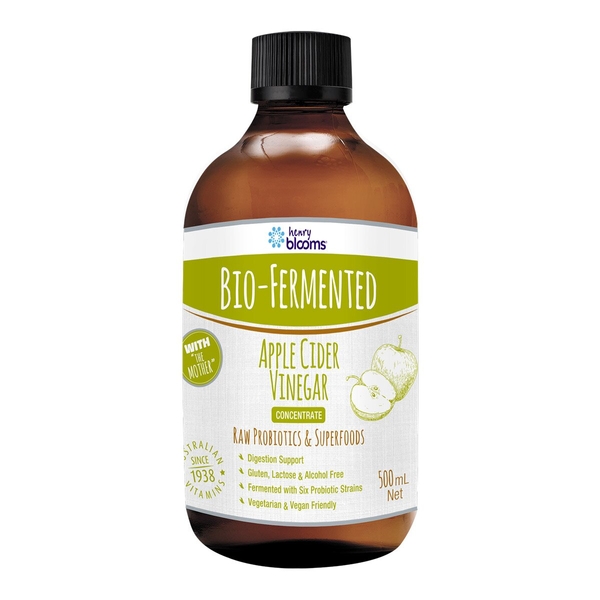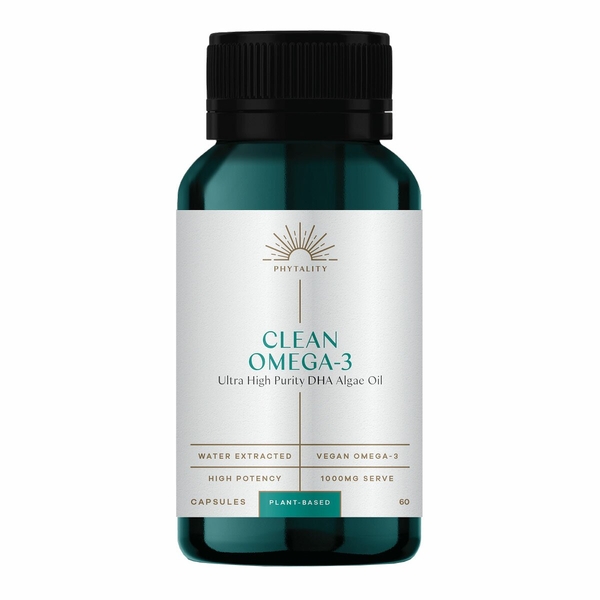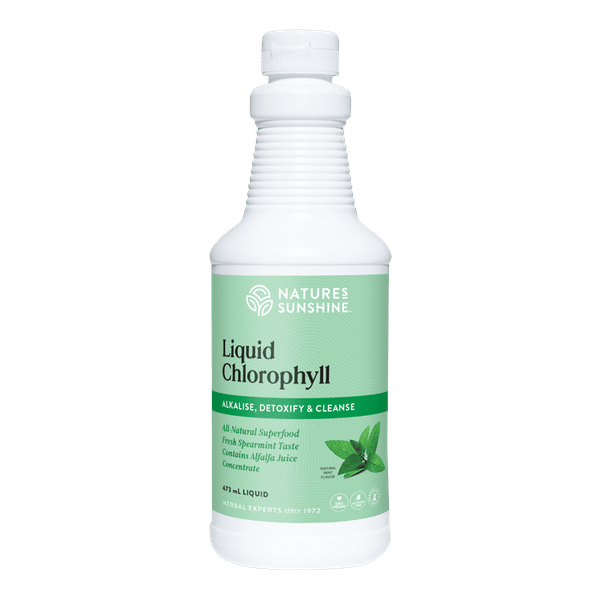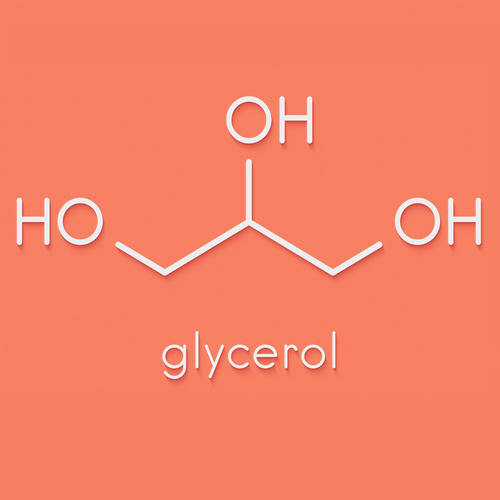
Glycerol
Alternate names: Alcool Glycériné, Glicerol, Glucerite, Glycerin, Glycérine, Glycérine Végétale, Glycerol Monostearate, Glycérol, Glycerolum, Glyceryl Alcohol, Monostéarate de Glycérol, Vegetable Glycerin
Background
Glycerol is a naturally occurring alcohol. It is an odorless liquid that is used as a solvent, sweetening agent, and also as medicine.
When glycerol is in the intestines, it attracts water into the gut, softening stools and relieving constipation. When glycerol is in the blood, it attracts water so that the water stays in the body longer. This might help an athlete exercise for longer.
People use glycerol for constipation, improving athletic performance, and for certain skin conditions. It is also used for stroke, obesity, ear infections, and many other conditions, but there is no good scientific evidence to support these uses.
Glycerol is banned by the World Anti-Doping Agency (WADA).
When glycerol is in the intestines, it attracts water into the gut, softening stools and relieving constipation. When glycerol is in the blood, it attracts water so that the water stays in the body longer. This might help an athlete exercise for longer.
People use glycerol for constipation, improving athletic performance, and for certain skin conditions. It is also used for stroke, obesity, ear infections, and many other conditions, but there is no good scientific evidence to support these uses.
Glycerol is banned by the World Anti-Doping Agency (WADA).
Safety Safety definitions
When taken by mouth: Glycerol is possibly safe when used short-term. Side effects might include headaches, dizziness, bloating, nausea, and diarrhea.
When applied to the skin: Glycerol is likely safe. It might cause redness, itching, and burning.
When given in the rectum: Glycerol suppositories and enemas are likely safe and have been approved by the US Food and Drug Administration (FDA) for over-the-counter (OTC) use.
Children: Glycerol is likely safe when suppositories or enemas are inserted into the rectum in children at least 2 years of age. Glycerol is also likely safe when applied to the skin of children at least 1 month of age. Glycerol is possibly safe when taken by mouth, short-term in children 2 months to 16 years of age.
When applied to the skin: Glycerol is likely safe. It might cause redness, itching, and burning.
When given in the rectum: Glycerol suppositories and enemas are likely safe and have been approved by the US Food and Drug Administration (FDA) for over-the-counter (OTC) use.
Special Precautions & Warnings:
Pregnancy and breast-feeding: There isn't enough reliable information to know if glycerol is safe to use when pregnant or breast-feeding. Stay on the safe side and avoid use.Children: Glycerol is likely safe when suppositories or enemas are inserted into the rectum in children at least 2 years of age. Glycerol is also likely safe when applied to the skin of children at least 1 month of age. Glycerol is possibly safe when taken by mouth, short-term in children 2 months to 16 years of age.
Effectiveness
NatMed Pro rates effectiveness based on scientific evidence according to the following scale: Effective, Likely Effective, Possibly Effective, Possibly Ineffective, Likely Ineffective, Ineffective, and Insufficient Evidence to Rate.
Likely effective Effectiveness definitions
- Constipation. Using glycerol as a suppository or as an enema in the rectum decreases constipation in adults and children at least 2 years of age. It is US FDA approved for this use.
Possibly effective Effectiveness definitions
- Athletic performance. Taking glycerol by mouth along with water helps to keep the body hydrated for longer during exercise. But it's not clear if this helps improve athletic performance.
- An inherited skin disorder that causes dry, scaly skin (ichthyosis). Applying a specific product (Dexeryl, Pierre Fabre Laboratoires) containing glycerol and paraffin to the skin reduces symptoms like itching and scales in children with ichthyosis. It's not clear if applying glycerol alone helps.
Likely ineffective Effectiveness definitions
- Stroke. Giving glycerol by IV doesn't improve symptoms after a stroke. IV products can only be given by a healthcare provider.
Possibly ineffective Effectiveness definitions
- Swelling (inflammation) of membranes that protect the brain and spinal cord (meningitis). Taking glycerol by mouth doesn't reduce the risk of death or seizures in people with bacterial meningitis. But it might reduce the risk of deafness in children who survive the infection.
- Growth and development in premature infants. Giving glycerol into the rectum, as a suppository or as an enema, doesn't seem to help premature infants start to take food by mouth sooner.
Dosing & administration
Glycerol has most often been used by adults in single doses of 1-1.5 grams/kg. It's also commonly used in over-the-counter (OTC) rectal enemas and suppositories, and in topical lotions. Speak with a healthcare provider to find out what type of product and dose might be best for a specific condition.
Interactions with pharmaceuticals
It is not known if Glycerol interacts with any medicines. Before taking Glycerol, talk with your healthcare professional if you take any medications.
Interactions with herbs & supplements
There are no known interactions with herbs and supplements.
Interactions with foods
There are no known interactions with foods.
Products
View all productsPer bar:
- Glycerol
- Soy protein isolate
- Whey protein concentrate
- Calcium caseinate
- Maltitol
- Theobroma cacao (Cocoa solids)
- Milk solids powder
- Soy lecithin
- Polyglycerol polyricinoleate (E-476)
- Natural vanilla flavour
- Polydextrose
- Sorbitol
- Sunflower oil
- Natural flavours
- Thiamine hydrochloride (Vitamin B1)
- Riboflavin (Vitamin B2)
- Pyridoxine hydrochloride (Vitamin B6)
- Ascorbic acid (Vitamin C)
- Cholecalciferol
- d-alpha-Tocopheryl acid succinate
- Nicotinamide (Vitamin B3)
- Calcium pantothenate (Vitamin B5)
- Calcium hydrogen phosphate
- Ferrous fumarate
- Zinc bisglycinate (Zinc amino acid chelate)
- Chromium nicotinate
- Copper gluconate
- Manganese amino acid chelate
- Potassium iodide
- Biotin
- Theobroma cacao (Cocoa powder)
- Tocopherols concentrate - mixed (Vitamin E)
- Acacia sp. (fibre)
- Stevia rebaubiana
Practitioner product
Per 5 mL:
- Glycerol
- Inula helenium ext. 500 mg
- Marrubium vulgare ext. 425 mg
- Aster tataricus ext. 250 mg
- Houttuynia cordata ext. 200 mg
- Platycodon grandiflorus ext. 225 mg
- Stemona japonica ext. 200 mg
- Glycyrrhiza uralensis ext. 62.5 mg
- Thymus vulgaris ext. 500 mg
- Ethanol
- Mentha spicata oil
- Water
RRP: $57.95$49.26Save: 15%
Create account
Per 15 mL:
RRP: $35.95$26.96Save: 25%
Create account
Per 10 mL:
- Glycerol
- Sambucus nigra ext. equiv. dry 2.1 g
- Euphrasia officinalis ext. equiv. dry 1.05 g
- Echinacea purpurea ext. equiv. dry 1.05 g
- Plantago lanceolata ext. equiv. dry 840 mg
- Achillea millefolium ext. equiv. dry 700 mg
- Tilia cordata ext. equiv. dry 700 mg
- Calendula officinalis ext. equiv. dry 420 mg
- Cinnamomum verum ext. equiv. dry 210 mg
- Pimpinella anisum (seed) oil
- Water
- Alcohol
Practitioner product
Per 10 mL:
- Glycerol
- Cynara scolymus ext. equiv. dry 3 g
- Silybum marianum ext. equiv. dry 1.5 g
- Taraxacum officinale ext. equiv. dry 1.4 g
- Schisandra chinensis ext. equiv. dry 650 mg
- Bupleurum falcatum ext. equiv. dry 300 mg
- Rosmarinus officinalis ext. equiv. dry 150 mg
- Mentha x piperita oil
- Pimpinella anisum oil
- Water
- Alcohol
Practitioner product
Per 10 mL:
- Glycerol
- Crataegus monogyna ext. equiv. dry 711 mg
- Rehmannia glutinosa ext. equiv. dry 711 mg
- Eleutherococcus senticosus ext. equiv. dry 533 mg
- Urtica dioica ext. equiv. dry 888 mg
- Petroselinum crispum ext. equiv. dry 888 mg
- Trifolium pratense ext. equiv. dry 711 mg
- Euphrasia officinalis ext. equiv. dry 711 mg
- Taraxacum officinale ext. equiv. dry 711 mg
- Avena sativa ext. equiv. dry 355 mg
- Equisetum arvense ext. equiv. dry 355 mg
- Vaccinium myrtillus ext. equiv. dry 107 mg
- Rosmarinus officinalis ext. equiv. dry 71 mg
- Cinnamomum verum ext. equiv. dry 71 mg
- Syzygium aromaticum ext. equiv. dry 18 mg
- Mentha x piperita oil
- Pimpinella anisum oil
Practitioner product
Per 5.5 g (Mango Pineapple):
- Glycerol monostearate (GMS) 1.5 g
- Coffea arabica
- Theobroma cacao 50 mg
- Creatine hydrochloride 750 mg
- Camellia sinensis 150 mg
- Pisum sativum 200 mg
- Niacinamide (Vitamin B3)
- Hordeum vulgare powder 15 mg
- Pyridoxal 5-phosphate (P5P)
- Methylcobalamin (Activated B12)
- Ascorbic acid (Vitamin C) 40 mg
- Orthosilicic acid (Silica)
- Flavour
- Folate 200 µg
- Stevia rebaubiana
- Alpinia galanga 150 mg
RRP: $59.95$53.96Save: 10%
Create account
Per 15 mL:
- Glycerol
- Cannabis sativa (seed)
- Carica papaya (fruit & leaf)
- Citric acid anhydrous
- Thaumatin
- Munthari flavour
RRP: $35.95$26.96Save: 25%
Create account
RRP: $35.95$26.96Save: 25%
OOS at supplier
Create account
return unknown
Per 15 mL:
- Glycerol
- Carica papaya
- Punica granatum (seed)
- Apple cider vinegar
- Wildberry flavour
RRP: $35.95$26.96Save: 25%
Create account
RRP: $35.95$26.96Save: 25%
Create account
Per 2 mL (Pineapple):
- Glycerol
- Curcuma longa powder 2 g
- Water
- Ethanol
- Sunflower lecithin
- Citric acid anhydrous
- Citrus limon oil (Lemon)
- Thaumatin
- Menthol flavour
- Potassium sorbate
- Sodium benzoate
- Polyethylene glycol succinate (TPGS) (Vitamin E)
RRP: $24.95$18.71Save: 25%
Create account
Per capsule:
- Glycerine
- Scallop oil 50 mg
- Extra virgin olive oil (EVOO)
- Vegetable oil
- Gelatin
- Shellac
- Glycerine fatty acid ester (Glycerine ester)
- Copernicia prunifera (leaf) wax (Carnauba wax)
- Hydroxypropyl methylcellulose powder (HPMC)
Practitioner product
Per bar (Chocolate):
RRP: $59.40$53.46Save: 10%
Create account
Per bar (Belgian Choc):
- Glycerine
- Hydrolysed bovine collagen
- Sugar
- Vegetable fat
- Theobroma cacao (Cocoa powder)
- Sunflower lecithin
- Sea salt
- Natural flavours
- Water
- Erythritol
- Corn maltodextrin
- Polydextrose
- Gelatin
- Agar-agar
- Potassium sorbate
- Stevia rebaubiana
RRP: $59.40$53.46Save: 10%
Create account
Per 5 mL:
- Glycerol
- Astragalus membranaceus ext. 720 mg
- Ligustrum lucidum ext. 425 mg
- Codonopsis pilosula ext. 285 mg
- Ganoderma lucidum ext. 285 mg
- Atractylodes macrocephala ext. 285 mg
- Eleutherococcus senticosus ext. 250 mg
- Schisandra chinensis ext. 175 mg
- Glycyrrhiza uralensis ext. 18.75 mg
- Ethanol
- Mentha spicata (oil)
- Water
RRP: $57.95$49.26Save: 15%
OOS at supplier
Create account
return unknown
RRP: $35.95$26.96Save: 25%
OOS at supplier
Create account
return unknown
Per capsule:
RRP: $54.95$43.96Save: 20%
Create account
$39.95
Coming soon 24/04
Create account
vital.ly has licensed monographs from TRC Healthcare.
This monograph was last reviewed on 03/10/2024 10:00:00. Monographs are reviewed and/or updated multiple times per month and at least once per year.
Natural Medicines disclaims any responsibility related to medical consequences of using any medical product. Effort is made to ensure that the information contained in this monograph is accurate at the time it was published. Consumers and medical professionals who consult this monograph are cautioned that any medical or product related decision is the sole responsibility of the consumer and/or the health care professional. A legal License Agreement sets limitations on downloading, storing, or printing content from this Database. No reproduction of this monograph or any content from this Database is permitted without written permission from the publisher. It is unlawful to download, store, or distribute content from this site.

